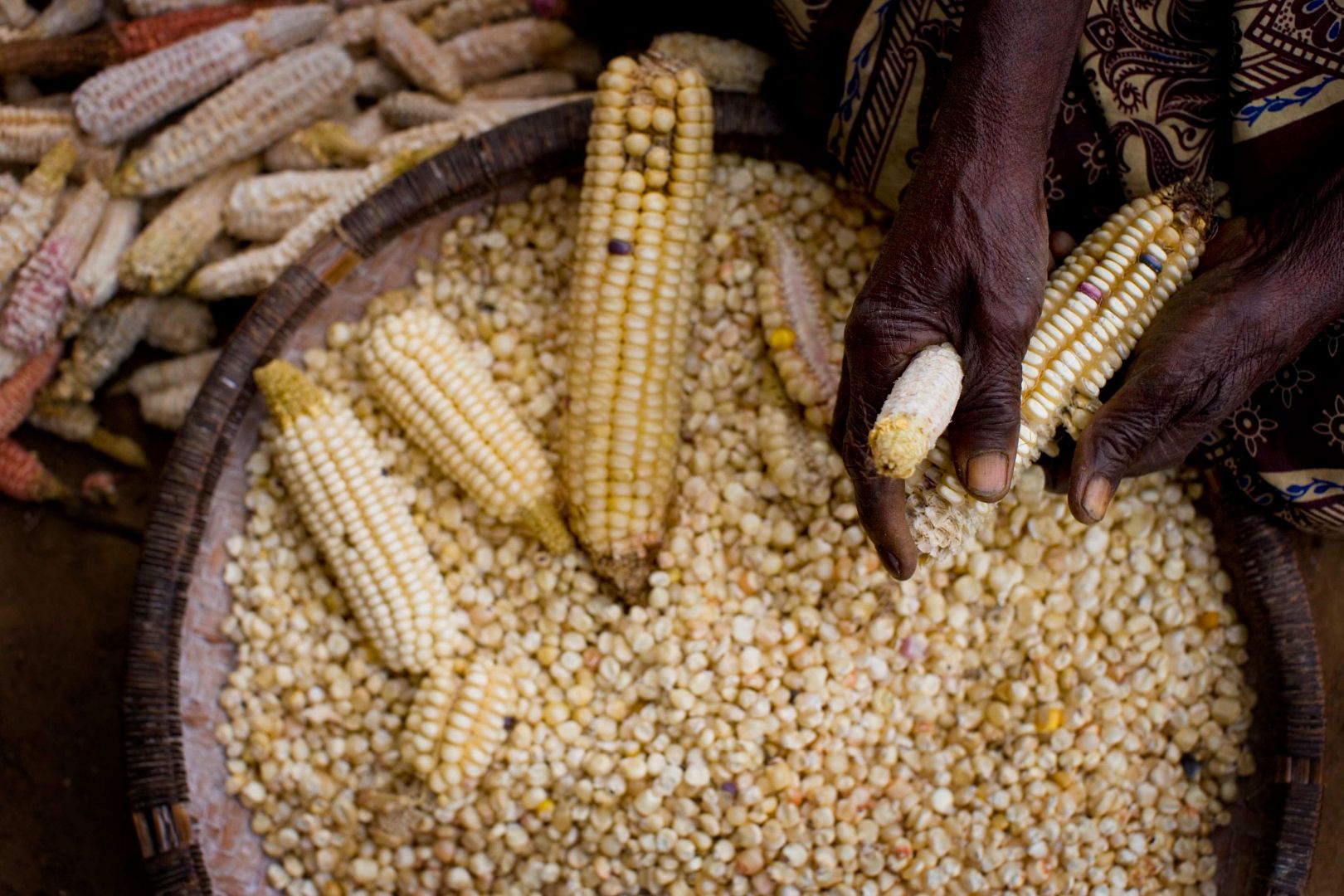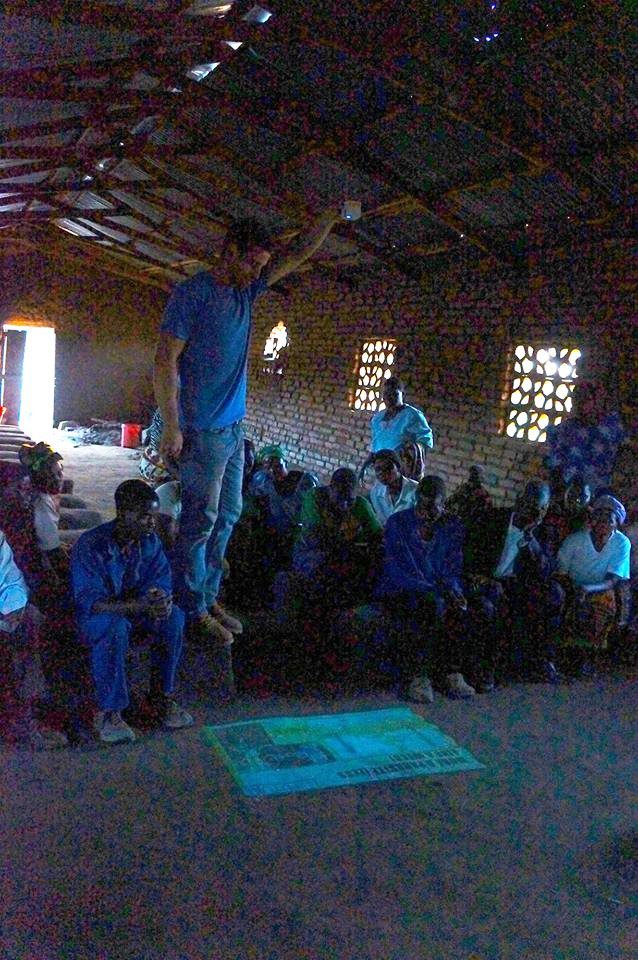
This spotlight is part of a series celebrating the 2020 international award recipients. Learn more about all of this year’s awardees on our International Awards page.
At first glance Timothy Silberg’s dissertation on parasitic weeds in Malawi may seem applicable to few people, but his findings could have a large impact on smallholder farmers (those who cultivate less than two hectares) around the world.
Silberg is this year’s recipient of the Gill-Chin Lim Award for Outstanding Doctoral Dissertation in Global Studies, which acknowledges a graduate student for an outstanding doctoral dissertation completed the preceding year, focusing on global studies.
Silberg earned his doctorate in May 2019 from the Department of Community Sustainability with a specialization in ecological food and farming systems. In his dissertation, Silberg explains that four out of five households in Malawi rely on farming as their primary source of income, many of whom cultivate maize. But up to 80% of maize crops can be lost to parasitic weeds.
Multiple weed-control solutions have been presented to farmers, but results can be mixed. Silberg explores this gap, focusing on the diverse agroecological and socioeconomic statuses across farmers.
Working with local farmers, Silberg modeled parasitic weed prevalence across maize-based cropping systems in Central Malawi. He used a mix of methods from various disciplines across the physical and social sciences, including crop trials, focus group discussions, choice experiments, and systems modeling.
Silberg’s collaboration with the farmers extended beyond data collection. He and his team shared their research results and discussed their significance with the farmers, strategizing what approaches were the most effective and why.
They also facilitated meetings with the farmers to discuss details about the remediation tactics and how long they would need to be used to be effective. “What was more important about these meetings was explaining why each practice addressed the weed or the mechanisms behind their control,” said Silberg. Local farmers from outside the research group also joined the meetings to gather information they could use in their own fields.
Another aspect of the research were mediated modeling workshops, which facilitated discussions between farmers, policy makers, and scientists. “Generally, these conversations never happen due to socioeconomic differences,” said Silberg. He determined that farmers were willing to sacrifice significant tradeoffs (e.g., less maize for more legumes) to implement different strategies for controlling the spread of the weed, but it was important to work across the entire agribusiness system to successfully implement changes.
“I hope this dissertation will contribute to a better understanding of how food security is affected by overarching social-ecological systems, but also how we as researchers can unite seemingly disparate disciplines in the field of international studies,” said Silberg.
Once the model Silberg and his team created is validated, it will be publicly shared so Malawian researchers and policy makers can use it to continue their own research. “In dire times, our discussions and conclusions must be more accessible to those affected by the problems we investigate,” said Silberg.
Silberg was nominated for the award by his advisor Robert Richardson, professor and associate chair of the Department of Community Sustainability in the College of Agriculture and Natural Resources. “This research is timely, relevant, and vital as a theme for food security in the region,” said Richardson. “His findings also have implications for rural development globally.”

Silberg attributes much of his success to the farmers in Malawi who collaborated with him, and his support here at MSU.
“I am honored to receive such a prestigious award from Michigan State University. Much of the credit, though, goes to the participants of my study, as they assisted with crafting the research instruments to ensure more relevant data was collected to address pervasive weed issues across Malawi,” noted Silberg. “Also, I would be remiss to say that without the support of an incredible advisor, dissertation committee and an interdisciplinary department, I would not have been able to employ an array of methods to study both the natural and the social factors of such a complicated issue.”
In addition to his research in Malawi, Silberg has done work in other regions of sub-Saharan Africa, South America, and the Caribbean. “These experiences have provided him with an extraordinary global perspective that complements his intellect and talents,” said Richardson. Currently, Silberg is conducting research in Brazil as a Fulbright Fellow to determine how pork producers are adopting technologies that provide energy while reducing unintended consequences.